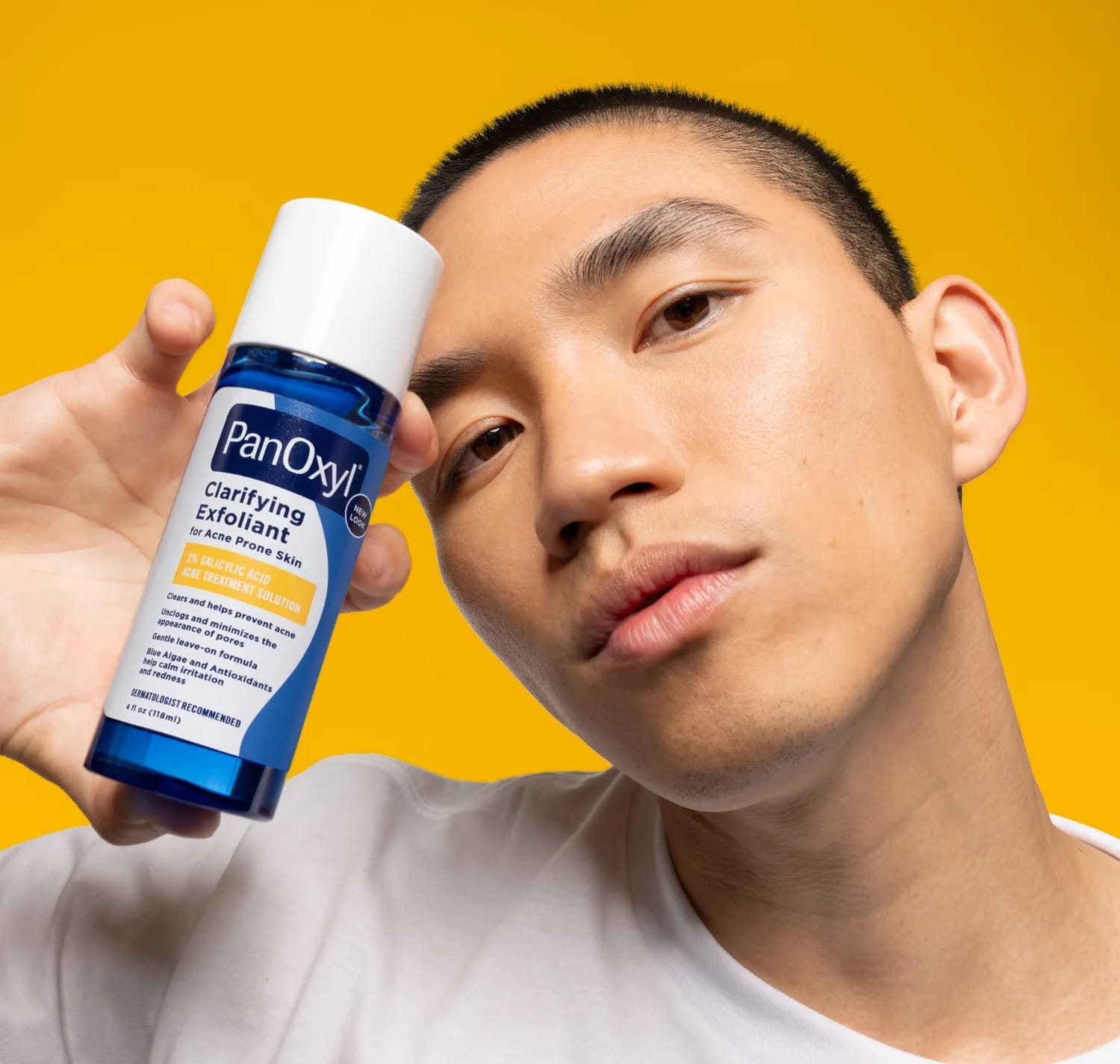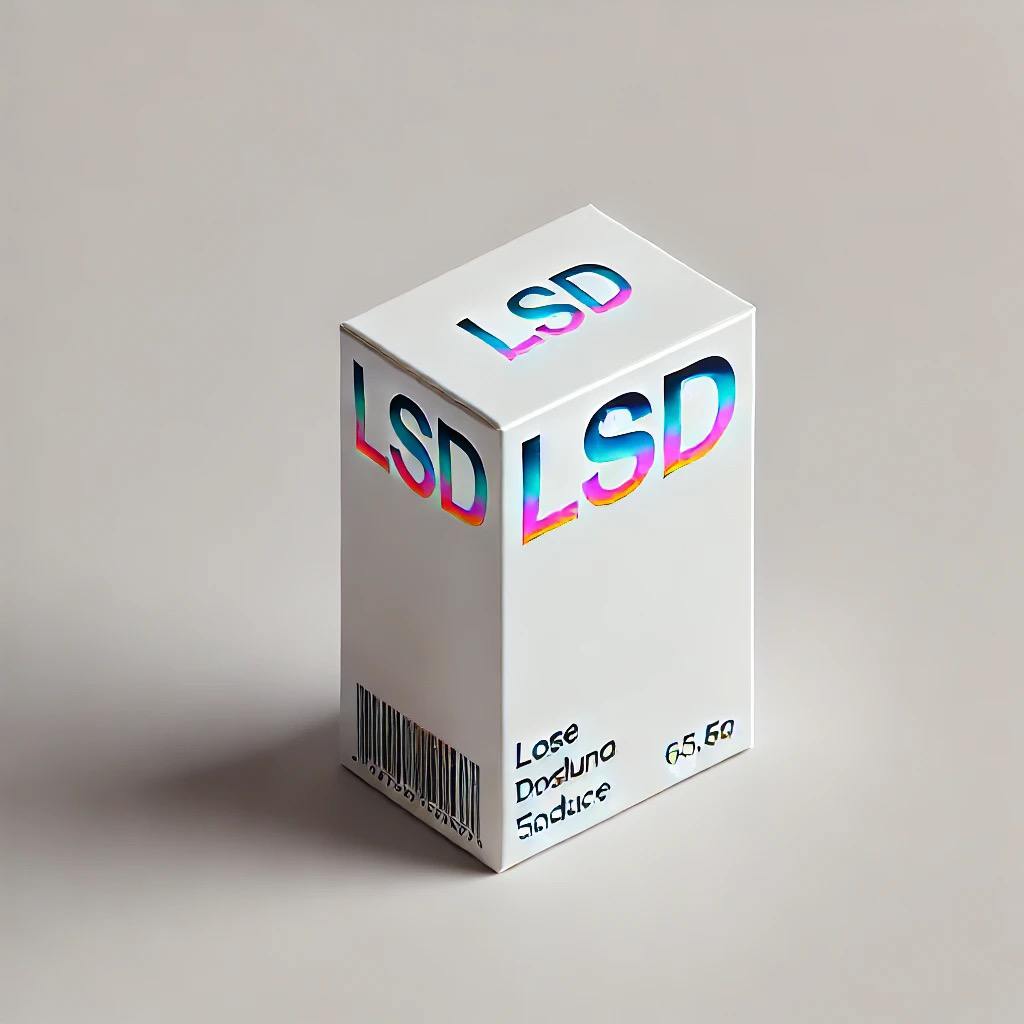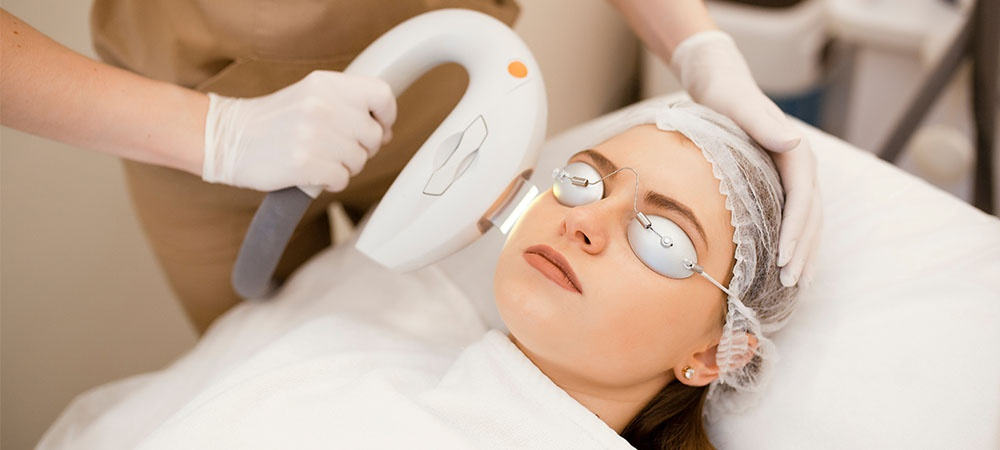When it comes to skincare, there are few ingredients as popular for treating acne and slowing down the signs of aging as retinoids. Derived from vitamin A, retinoids encompass several types, each with unique properties that cater to different skin concerns. Among them is , which has become increasingly used to treat acne.
So, what is it that makes it different from other types of retinoids? That’s the focus here and we start by explaining retinoids in a little more detail.
Adapalene & Other Retinoids
The term ‘Retinoids’ refers to a broad family of vitamin A derivatives used widely in skincare due to their ability to increase cell turnover, unclog pores, and boost collagen production. They’re also known to be effective at treating acne, reducing wrinkles, and evening out skin tone. Common types include retinol, tretinoin, tazarotene, and adapalene . While these compounds are chemically similar, they vary in strength, effectiveness, and potential side effects.
So, what separates adapalene from the rest?
- Long-Lasting Power: Unlike some other retinoids, adapalene is super stable, so it won’t break down easily when exposed to sunlight or air. This means it stays effective for longer, whether it’s in a gel, cream, or lotion, making it one of the few retinoids you can easily find over the counter.
- Gentleness: Compared to other retinoids, it’s generally less irritating. It’s often recommended for people who are new to retinoids or who have sensitive skin, as it causes less redness, dryness, and peeling than stronger retinoids.
- Perfect for Acne: It’s also designed with acne in mind. It works by helping skin cells renew themselves, keeping pores clear and unclogged. This makes it especially effective for types like blackheads and whiteheads, so it’s a go-to for tackling those stubborn zits.
- Anti-Inflammatory Properties: It’s unique among retinoids in that it has strong anti-inflammatory effects, which allow it to calm and reduce redness in inflamed acne. This is why it’s especially popular with people with inflammatory acne.
Another of its unique benefits is how well it helps the skin adapt to retinoids over time. While many people experience an “adjustment period” – often experiencing dryness, peeling, or redness – this one is typically much easier for your skin to tolerate right from the start. With use over time, your skin builds a resistance to it, making it possible to transition to stronger retinoids in the future, if desired, with minimal irritation.
Adapalene Is a Great, Gentle Option For Acne
This is a retinoid that’s known for its ability to target acne without causing irritation. Unlike stronger retinoids that may be too harsh for some people, it allows users to experience the benefits of a retinoid without discomfort. So, whether you’re dealing with acne or just beginning to explore retinoids for their broader skin benefits, it’s an option that deserves consideration.
Available over the counter and formulated to last, this retinoid is a great addition to any skincare routine and its ability to target acne without overwhelming the skin means it can also be a great stepping stone for those eventually moving on to other, stronger retinoids as part of their anti-aging routine.

















